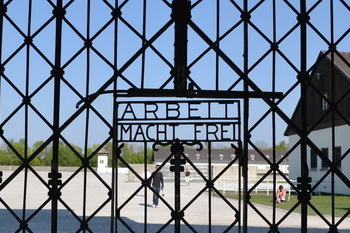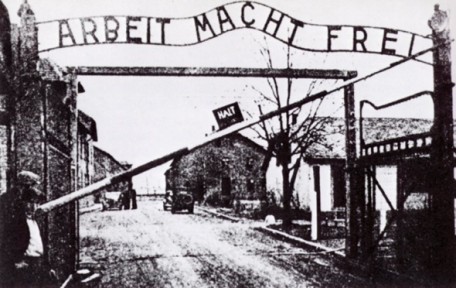Personally, after watching it, and now reading these things...no one is even bothering to take in the possibility of everyone framing him, that he was right, and he wasn't for 2 years in that place at all, and whatever happened might as well be real as it can get and not a false reality that Daniels created, which, in my opinion, he didn't created.
They might as have made a conspiracy. We have never really given the explanation to why they would do such a thing, which is a great story leaving such things out, left for viewer speculation, since it's not a new thing in the movies too. And I kind of don't believe it could've been a straight forward movie about him being mentally ill and creating it all, because it all felt predicting and obvious, too much that I started to think the opposite of what movie tried to tell me (which, when you think about it, is not what movie tells you, if you will start thinking like I do, that is), and I don't think that such great director as Martin Scorsese would be so obvious about it, he made it for us to question reality, or play some mind games, and if he does that, then why would he be so obvious about letting us be baited on the fact, that he is insane, it's a fake story etc.? We basically would fall for those guys as well, thinking we're mentally ill as well, not questioning what is real and what's fake, and how much of it all is real or fake, not specific things. I personally wouldn't bother asking how real were his memories, since it was explained that lobotomy can do so much, that you wont even remember, implanting false memories, which is part of the experiments that are going on the island, it was constantly explained in a very subliminal ways.
Though, I am not totally denying it that it might be in fact him being mentally ill and created false memories, but I kind of sway to the side of hard-to-believe it, that it all was true what he thought, because...like I said, it was thrown onto us, as viewers, all these things right from the start, and it went predictably onwards from there, so I doubt that it was all a lie what movie showed us, and that he was mentally ill.
It was told in the movie as well, the dialogue with Noyce, and Noyce acknowledges the fact that he has a partner, but questions their relationship about how much they have worked together, questions his trust in him basically, yet, for some reason, no one else acknowledges it later in the movie, everyone later says that he was alone, that he has no partner, neither with such a name. Quite a perfect conspiracy, a lie, that started to unfold, slowly turning Daniel crazy to the point where he starts to believe it. You know the saying, or whatever it is, that if you constantly keep telling the lie, it turns into a truth? Basically I believe it happens here, they keep saying it until he believes it, or we believe it, but at the end of the movie he still remains sane (to me at least, but for those that think opposite, he might look to be the person that hasn't been "cured" enough that he starts to think and believe whatever they tell him.
Why Noyce says that "they already won" when Daniel answered how much he trusts his partner? Because he knows who that partner is, probably going by previous experience of how he got on the island as well, Noyce knows that if Daniel places his trust into that guy, he surely will end up playing the already plotted out story for him, slowly turning him insane.
In the lighthouse, Dr.Cawley tells him that he "...swore before the Board of Overseers, that I could construct the most radical, cutting-edge role-play ever attempted in psychiatry...", sure it might be an interesting thing, but what role play? Letting him loose to play as detective? Why Cawley didn't even acknowledged that he had a partner if it was a role play? There are things that do not fit well with what was going on, and I started to question it all, or more likely, as movie went on, the story kept answering my questioning.
The cliff part, about his Partner falling down, coincidentally he developed visions soon after he got there, created by the pills or stuff he was given, like Rachel in the cave told him. And the fact that he would go to check the path to lighthouse alone, was perfect chance for his partner to vanish and others to start to take the next step, by saying that they don't know any partner. Obviously we would start to think that it slowly starts to show that Daniels starts to face the reality, or the reality we've been given, that it slowly unfolds. But like I said, I doubt that.
So why was the cigarette perfectly placed on the edge of the cliff? He would start to think that the partner fell down for unknown reason, so he started to believe his fear of his partner being dead, jumped from cliff, so his brain from given drugs made a hallucination for a short moment, but actually he just left in order for him to start to go crazy.
Why would the woman, who asked for a glass of water at the interrogation (funny fact: she drank it with her right arm, and placed down the glass with the left arm, not to mention the fact that she didn't had a glass at all at the moment of drinking), would write on his note to "RUN"? She knew, just like Rachel said, everyone knows.
That is my answer to what, or how real or fake is his memories of campaign in WW2. Not everyone in WW2 developed PTSD, or any other mental problems, but it was a great reason for them to use it as basis for creating the lies about him, or tell him otherwise.
This video can make you question more things that you knew, and maybe even answer your asked question.


